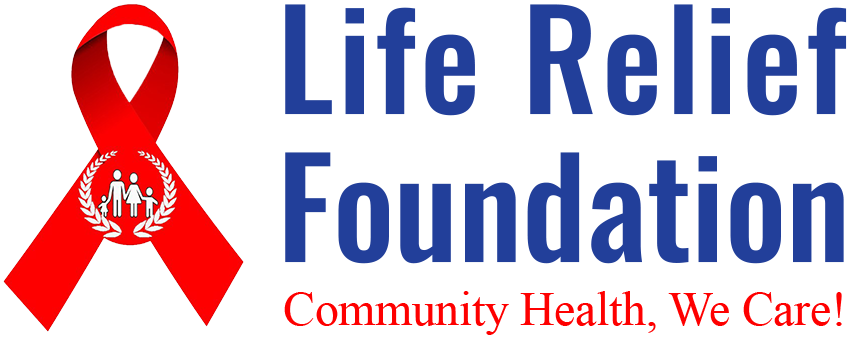(+233) 208 160 026 / 556 280 296
info@liferelieffoundationgh.org
Mercator St, Takoradi, Ghana
Mon - Fri: 9.00 - 17:00
info@liferelieffoundationgh.org
Mercator St, Takoradi, Ghana
Mon - Fri: 9.00 - 17:00










